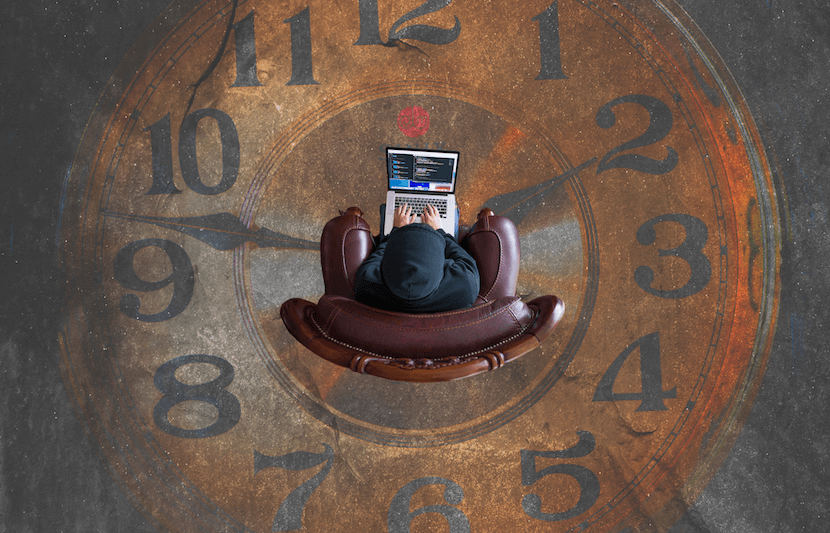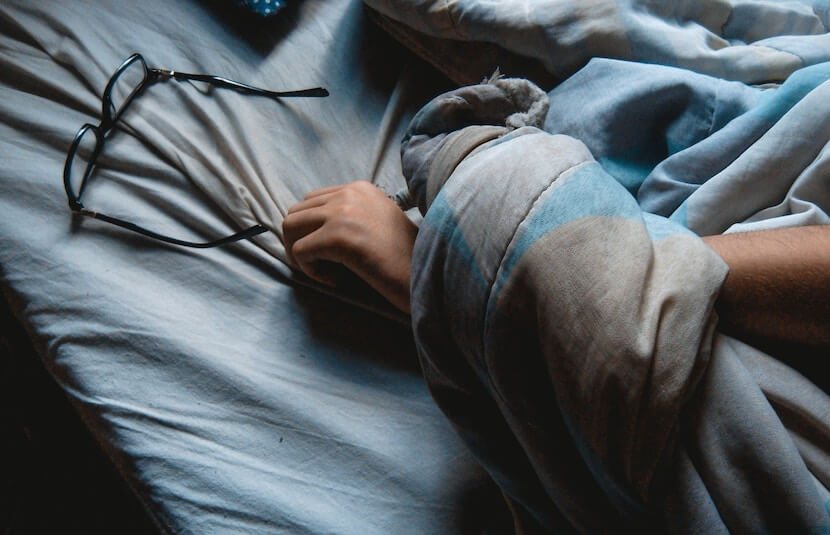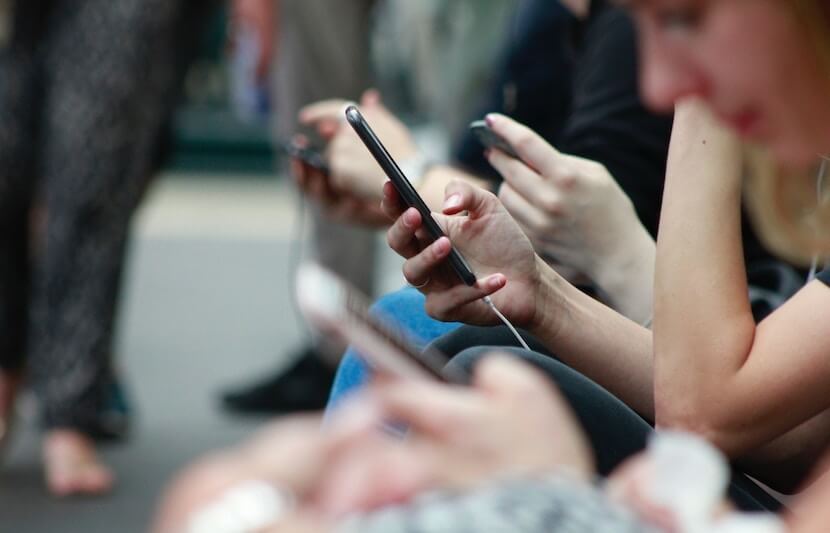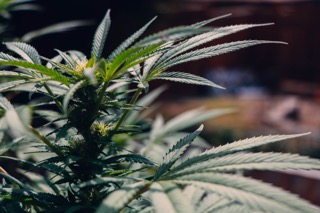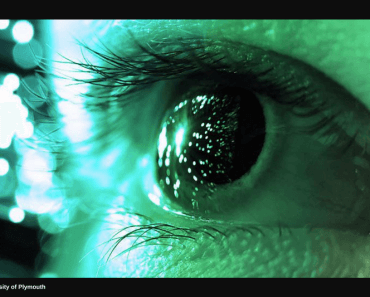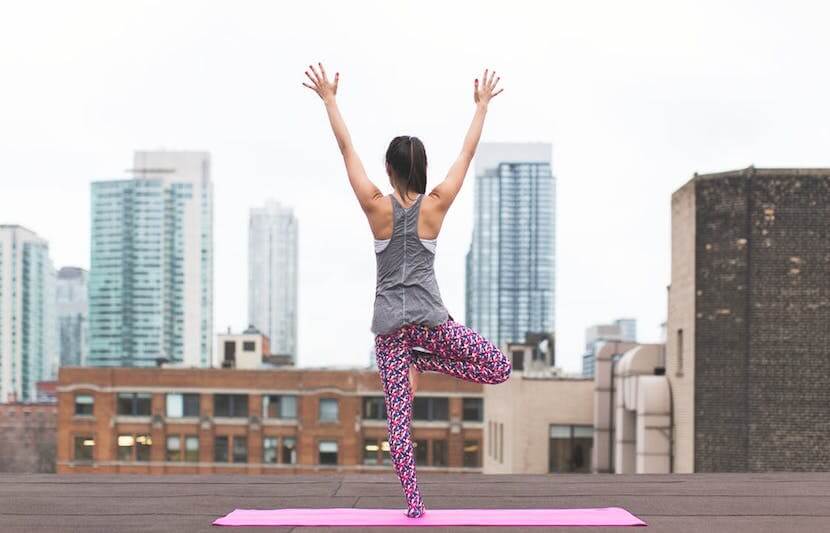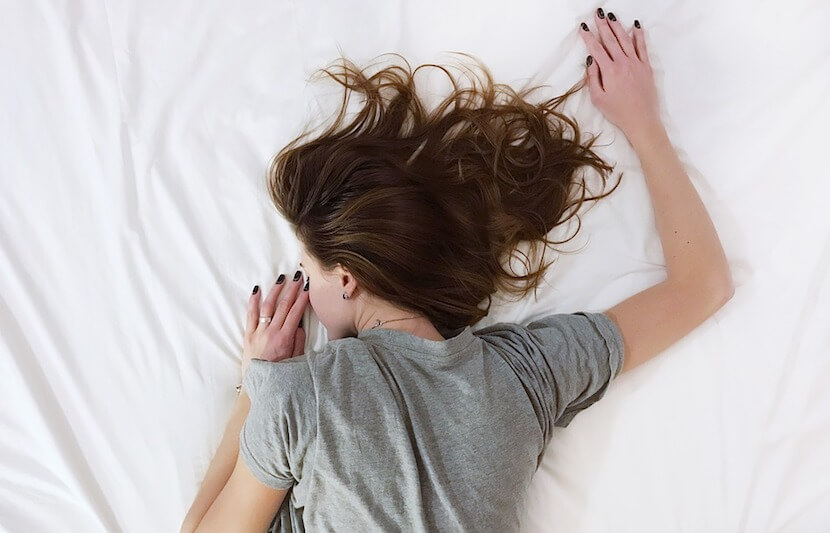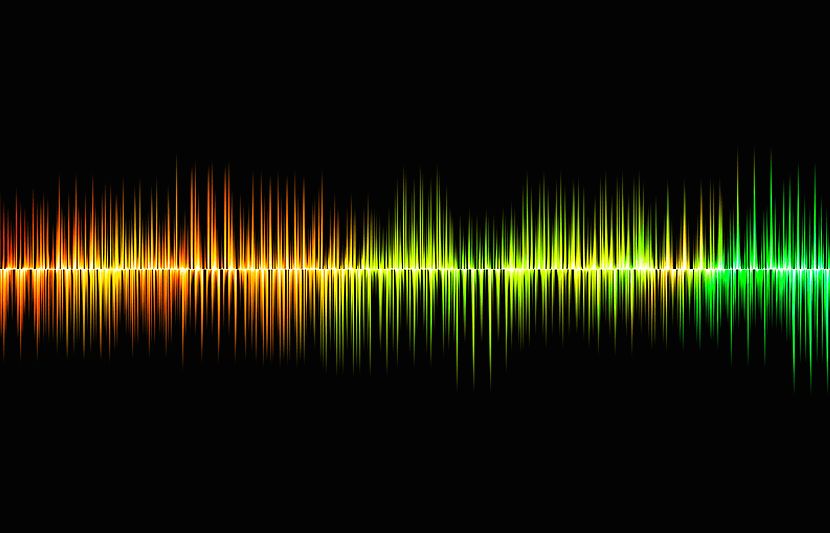-
How to Manage Stress, Anxiety During Finals Week
We’ve all been there. There is only a week until break, but standing in its way are five days jam-packed with exams, final papers and projects. Stress, anxiety and depression are widespread at universities, and for many students, finals week can be the most difficult time of the year. Professors cram a semester’s worth of… Read More
-
Students Who Sleep 8 Hours Score Higher on Final Exams
During exam week, pulling an all-nighter is staple study technique for college students. Professors cram a semester’s worth of material into one final test, and students think the best way to prepare is to stay up all night studying and loading up on caffeine. But new research shows that it might be time to change… Read More
-
Study Proves You Feel Angry After a Rough Night’s Sleep
Skipping out on even a couple of hours of sleep can intensify anger, researchers from Iowa State University find. Whether it’s from work, school, stress or the alluring next episode of your favorite show, we’ve all skipped out on a full night’s rest and woken up the next morning on the wrong side of the… Read More
-
Youth Culture Could Change Stigma of Mental Illness
Depression in young people, both adolescents and college students, is on the increase. Unfortunately, many of them remain undiagnosed and untreated. This is largely due to the stigma associated with mental illness. Recognizing the need to address this, the Los Angeles County Department of Mental Health launched a campaign to promote community engagement with mental… Read More
-
Social Media Is Contributing to Your Depression, Loneliness
Too much time on Instagram, Snapchat and Facebook could increase depression and loneliness, researchers from the University of Pennsylvania find. When social media first started, many people understood it as a platform to reconnect with far-away family and friends. But social media has since evolved. Celebrities, social influencers and even friends post pictures of expensive… Read More
-
How Cannabis Could Be a Safe Alternative to Opioid Painkillers
Researchers from McGill University, Canada, and the Research Institute of the McGill University Health Centre have now pinpointed the effective dosage of the marijuana plant extract cannabidiol (CBD) to safely alleviate pain and anxiety. CBD could serve as a reliable alternative to commonly used opioids for chronic pain from sciatica, diabetes, cancer, trauma and more.… Read More
-
Personal Expectations Distort How We See Reality
We don’t see the world as it really is, but as we expect it to be, according to a new study from researchers at the University of Plymouth. In a series of experiments, the Plymouth research team found that humans perceive other people’s actions through a predictive bias. In other words, when we watch someone… Read More
-
Why High-Speed Internet Is Depriving You of Sleep
Having access to broadband internet at home causes sleep deprivation, according to a new study from researchers at Bocconi University and the University of Pittsburgh. The study, recently published in the Journal of Economic Behavior and Organization, suggests that having high-speed internet access negatively affects both the quality and quantity of sleep, particularly in younger… Read More
-
Why We Make Involuntary Actions, Like Putting Keys in the Fridge
To what extent do people control their own actions? Most people would contend that their motor behavior is fully in their own control, but a new study by researchers at the University of Plymouth suggests otherwise. Everybody has slip-ups in their everyday behavior. Consider, for example, putting away your keys in the fridge and leaving… Read More
-
ADHD Drugs Don’t Improve Memory, Cognition in Healthy Students
Attention deficit hyperactivity disorder (ADHD) drugs are frequently used by college students as a means to boost academic performance, but new research suggests that the medication may fail to improve cognition and can impair memory functioning for students without ADHD. The study comes at a time when an increasing number of cognitively healthy students are… Read More
-
Expecting Stress May Lower Daily Brain Function
While everyone knows stress is bad, researchers have now found that simply expecting to be stressful can lower cognitive abilities throughout the day. Their paper is published in the Journals of Gerontology: Psychological Sciences. Stress and working memory Many studies have already shown how stressful events can affect not only our emotion and physiology, but… Read More
-
Why Driving Makes Us So Sleepy
Researchers from RMIT University in Melbourne, Australia have an explanation as to why drivers become so sleepy. They have recently found that driver fatigue is often enhanced by the natural vibrations caused by the car’s engines. These vibrations can cause people to experience symptoms of drowsiness, affecting concentration and alertness, within 15 minutes of hitting… Read More
-
Mindful Movement Can Reduce Anxiety, Depression, Stress
Mental health — specifically anxiety, depression and stress — is a pressing issue on college campuses. Every year, more than 150,000 students from over 400 colleges and universities in the U.S. and internationally seek mental health treatment, according to the Center for Collegiate Mental Health at Penn State University. But now, researchers from the university… Read More
-
Does Religion Impact How We Sleep?
A good night’s sleep is critical to one’s health. Trouble sleeping can amount to heart disorders, mental health problems, increased laziness, issues with family and friends and a decline in academic performance. Now, researchers have determined that people with higher religious involvement have healthier sleep habits. “Individuals who are more religious tend to enjoy better… Read More
-
How Our Brain Tricks Us Into Hearing Repeated Words As Song
Spring of 2018 will forever be remembered for the “Laurel” or “Yanny” battle. The four-second audio clip had families and friends in disbelief, unable to comprehend how anyone could hear anything different from what they heard. The great debate, as repetitive as it was, shed light on the misleading nature of audio perception. Now new… Read More


